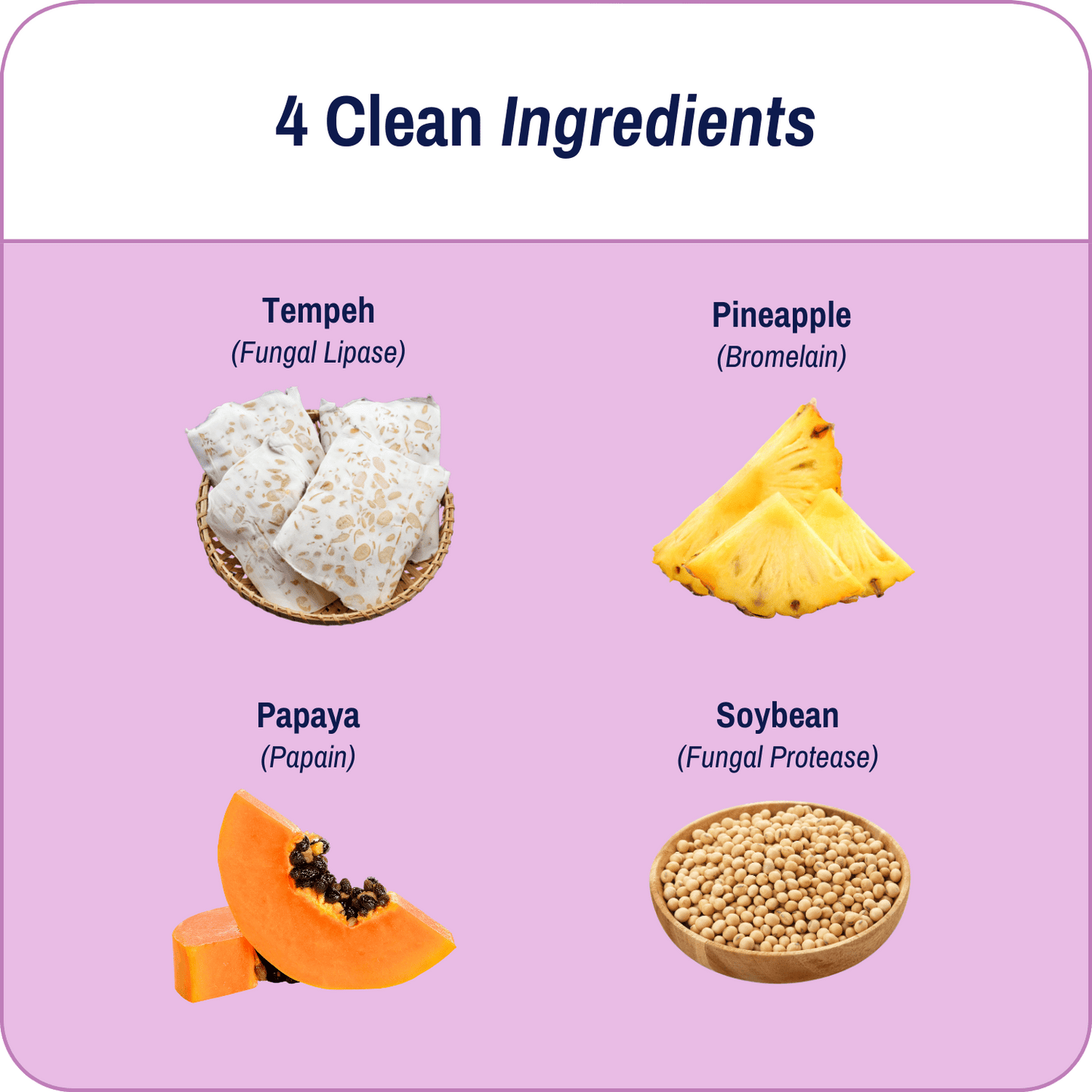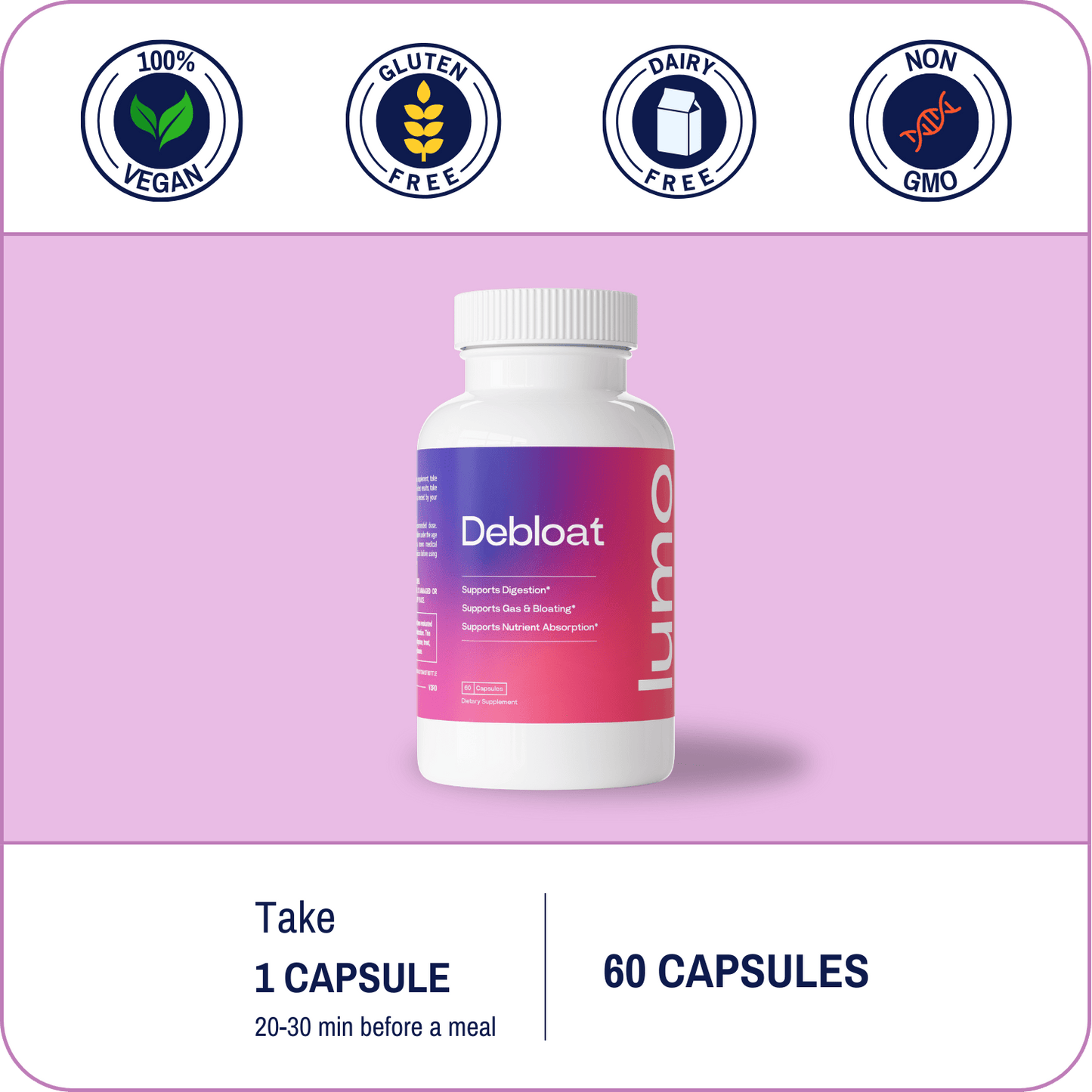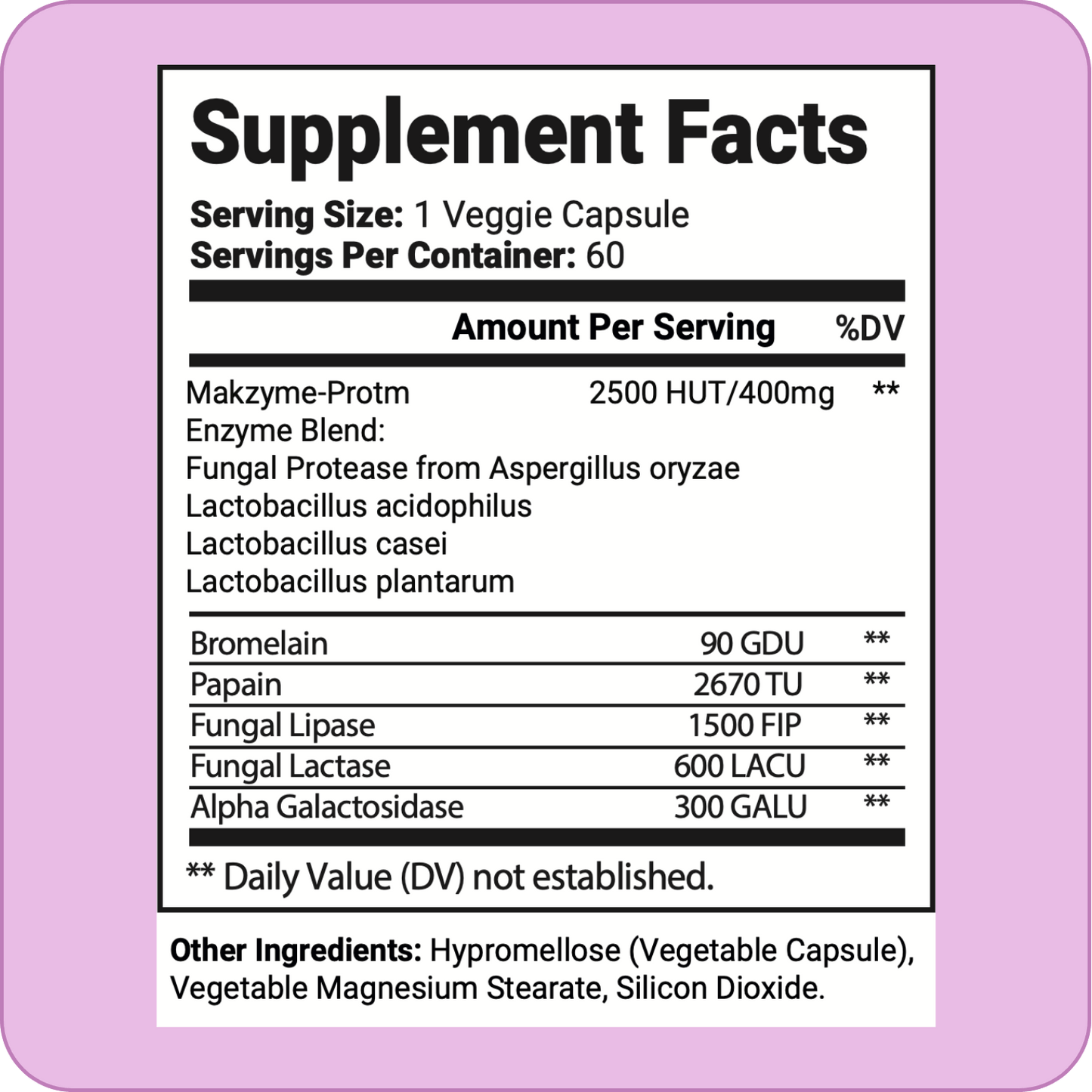
What Is an Irritable Bowel Movement? Causes, Relief, and Gut Tips
Table of Contents
- What Is an Irritable Bowel Movement?
- Common Causes of Irritable Bowel Movements
- Symptoms to Watch Out For
- How to Find Relief
- Gut Health and Its Role
- 3 Diet Tips to Reduce Discomfort
- When to See a Doctor
- Related Reading: Digestive Enzymes And Bloating
- FAQs
What Is an Irritable Bowel Movement?
An irritable bowel movement (IBM) is not a medical diagnosis in itself, but it's a common way people describe bowel discomfort, irregularity, and unpredictable bathroom trips. It's often associated with conditions like Irritable Bowel Syndrome (IBS), food intolerances, stress, or poor gut health.
If you’ve experienced bloating, cramping, or urgency after eating certain foods—or at random—this post is here to help you understand what may be going on.
Common Causes of Irritable Bowel Movements
Several factors can contribute to irritable bowel movements. Understanding the root causes is the first step in finding relief:
1. Diet Triggers
Certain foods and ingredients can trigger irritable bowel symptoms, including high-fat, spicy, or processed foods, as well as sensitivities to dairy or gluten. Artificial sweeteners may also contribute to digestive discomfort in some individuals.
2. Stress and Anxiety
Your gut and brain are deeply connected. Emotional stress can throw off your digestive rhythm.
3. Gut Microbiome Imbalance
An imbalance in your gut bacteria can disrupt digestion and cause bloating, irregularity, or diarrhea.
4. Lack of Digestive Enzymes
Without enough enzymes, your body may struggle to break down food efficiently, leading to uncomfortable symptoms.
Symptoms to Watch Out For
If you regularly experience any of the following, your bowel movements may be considered irritable:
- Bloating or abdominal discomfort
- Diarrhea or constipation (or both)
- Gas and cramping
- Sudden urgency to go
- Incomplete emptying
These symptoms often fluctuate and may be triggered by food or stress.
How to Find Relief
Managing irritable bowel movements often involves a mix of dietary changes, lifestyle adjustments, and stress reduction. One of the most effective first steps is to keep a food and symptom diary to help identify potential triggers. Many people also find relief by incorporating probiotics, either through food or supplements, to support gut health and digestion. Digestive enzymes may further aid in breaking down food and easing discomfort—these can be especially helpful if certain meals tend to leave you feeling bloated.
Equally important is managing stress, which has a direct impact on gut health. Simple practices like mindfulness, gentle movement such as yoga, and maintaining good sleep hygiene can make a big difference. These small changes, when done consistently, can help ease symptoms and improve your overall well-being.
Gut Health and Its Role
A healthy gut plays a major role in preventing irritable bowel movements. Here’s how:
- Balanced gut bacteria support regularity
- Strong intestinal lining reduces inflammation
- Efficient digestion prevents bloating and discomfort
Consider a gut-supporting supplement like Debloat to help restore balance and reduce symptoms naturally.
3 Diet Tips to Reduce Discomfort
Adjusting your diet can make a big difference. Here are some gut-friendly tips:
What to Eat:
- Fiber-rich fruits and vegetables (gradually increase intake)
- Whole grains like oats and quinoa
- Fermented foods like yogurt and kimchi
What to Avoid:
- Gas-producing foods like beans, cabbage, and onions (especially raw)
- Greasy or fried meals
- Excess caffeine and alcohol
Eat Slowly & Mindfully
- Chew thoroughly
- Avoid multitasking during meals to help your body digest better
When to See a Doctor
While occasional irritable bowel movements are common, it’s important to consult a healthcare provider if your symptoms persist for more than a few weeks, if you notice blood in your stool, experience unexplained weight loss or fatigue, or if over-the-counter remedies and dietary changes don’t provide relief.
Related Reading: Digestive Enzymes And Bloating
If you suspect your discomfort stems from improper digestion, enzymes might be the missing piece. Read our blog on the relationship between digestive enzymes and bloating to learn how they work and how they can support your gut.
❓FAQs
What’s the difference between IBS and irritable bowel movements?
IBS is a diagnosed condition; irritable bowel movements are general symptoms that could signal IBS, but not always.
Can Debloat help with irritable bowel movements?
Yes. Its combination of digestive enzymes and probiotics supports gut function and reduces bloating, a common symptom of irritable bowels.
Are irritable bowel movements permanent?
Not necessarily. Many people find relief by identifying triggers, improving gut health, and supporting digestion with the right tools.
Should I try an elimination diet?
Yes, but work with a professional. Eliminating common triggers like dairy, gluten, or FODMAPs can help isolate what causes discomfort.













